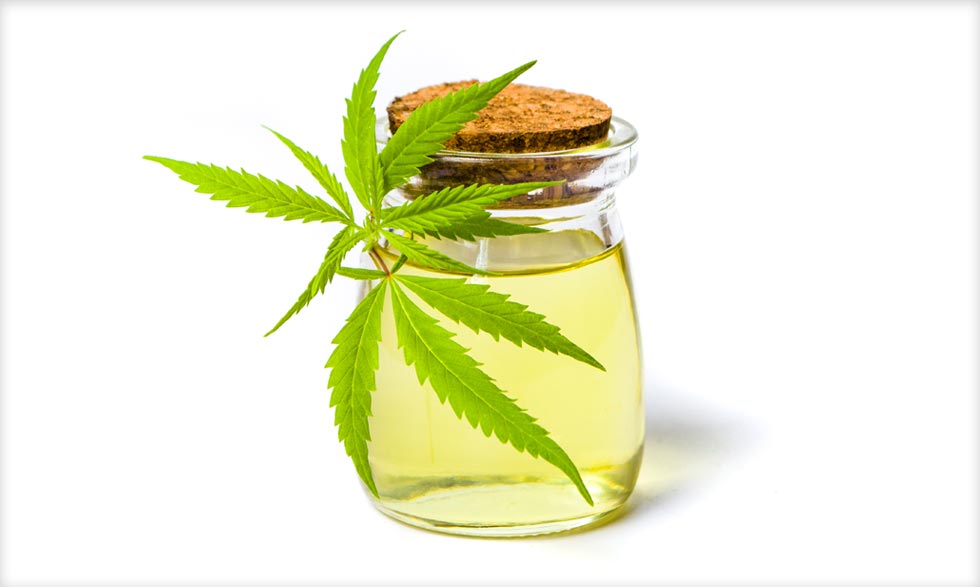Navigating the World of CBD Oil
In recent years, CBD oil has surged in popularity as a natural remedy for various health concerns—from anxiety and chronic pain to sleep disorders and inflammation. As demand has grown, so too has the number of CBD products on the market. But with so many options available, how can you ensure you're buying a high-quality, effective, and safe product?
This guide will walk you through everything you need to know before purchasing CBD oil, helping you make informed choices and avoid common pitfalls. Whether you're a first-time buyer or looking to switch brands, these insights will serve as your go-to reference for selecting the best CBD oil for your needs.
1. Understand What CBD Oil Is
Before diving into what to look for, it’s essential to understand what CBD oil is. Cannabidiol (CBD) is a non-psychoactive compound derived from the cannabis plant, most commonly hemp. Unlike THC (tetrahydrocannabinol), CBD does not produce a “high” and is legal in many parts of the world.
CBD oil is made by extracting CBD from the plant and then diluting it with a carrier oil like MCT (coconut), hemp seed, or olive oil. The quality and purity of the oil can vary significantly depending on the source and manufacturing process.
2. Check the Source of the Hemp
Not all hemp is created equal. The quality of the hemp used in your CBD oil is crucial because hemp is a bioaccumulator—it absorbs everything from the soil, including pesticides, heavy metals, and other contaminants.
Look for:
-
CBD made from organically grown hemp
-
U.S.-grown or EU-certified hemp (due to stricter agricultural regulations)
-
Brands that clearly state their sourcing practices
3. Full-Spectrum, Broad-Spectrum, or CBD Isolate?
CBD oil typically comes in three forms:
-
Full-Spectrum: Contains all cannabinoids, terpenes, and trace THC (<0.3%)—ideal for the “entourage effect,” where compounds work synergistically.
-
Broad-Spectrum: Contains multiple cannabinoids and terpenes but zero THC—suitable for users wanting benefits without any THC.
-
CBD Isolate: Pure CBD, with no other cannabinoids—best for those who want to avoid THC entirely.
Tip: Full-spectrum CBD is generally more effective due to the entourage effect, but individual preferences vary.
4. Examine Third-Party Lab Test Results
One of the most crucial things to look for when buying CBD oil is third-party lab testing. Reputable companies will always test their products via independent labs to ensure quality, potency, and purity.
What lab tests should include:
-
Cannabinoid profile (CBD, THC content)
-
Terpene profile (optional but beneficial)
-
Tests for heavy metals, pesticides, solvents, and microbial contaminants
Pro Tip: Avoid products without readily accessible Certificates of Analysis (COAs) on the brand’s website.
5. Check the Extraction Method
How CBD is extracted from the plant matters. There are several extraction methods, but not all are safe or efficient.
Preferred extraction methods:
-
CO₂ Extraction: The gold standard—clean, efficient, and retains the full range of cannabinoids.
-
Ethanol Extraction: Safe if done properly and often used for full-spectrum products.
-
Avoid: Products extracted with hydrocarbons like butane or propane, which may leave toxic residues.
6. Review the Ingredient List
Always read the label carefully. The ingredient list can tell you a lot about the product’s quality and potential effectiveness.
What to look for:
-
Organic carrier oils (MCT, hemp seed, olive oil)
-
Natural flavorings (if any)
-
No artificial additives, preservatives, or coloring
7. Determine the Correct Potency
CBD oil is available in a wide range of potencies, usually measured in milligrams (mg) of CBD per bottle or per dose.
Common strengths:
-
Low strength: 250–500 mg (suitable for beginners or mild symptoms)
-
Medium strength: 1000–1500 mg
-
High strength: 2000+ mg (used for chronic conditions or experienced users)
Start low and go slow—your ideal dose depends on factors like body weight, metabolism, and the condition being treated.
8. Consider the Type of Product and Consumption Method
CBD oil is just one form of cannabidiol. Depending on your lifestyle and preferences, other options might be better suited for you.
Forms of CBD:
-
Tinctures/Oils: Most versatile and fast-acting
-
Capsules/Softgels: Easy dosing, but slower absorption
-
Topicals: Best for localized pain or skin conditions
-
Gummies/Edibles: Tasty, discreet, but effects take longer
-
Vapes: Quick absorption but controversial for lung health
Choose a form that aligns with your needs and comfort level.
9. Evaluate the Brand’s Reputation
Brand reputation is an essential factor when choosing a CBD product. With so many companies in the space, some may overpromise or provide substandard products.
Things to check:
-
Customer reviews and ratings
-
Transparency in sourcing and manufacturing
-
Industry certifications or awards
-
Customer service responsiveness
Stick with companies that prioritize customer education, quality, and transparency.
10. Assess the Price-to-Value Ratio
Price can vary widely among CBD brands, but expensive doesn’t always mean better. Instead, focus on the value you’re getting per milligram of CBD.
Calculate value by:
-
Dividing the total cost by the amount of CBD (mg) in the bottle
-
Comparing this price-per-mg across several products
Don’t compromise on quality to save money—cheap CBD often lacks potency or safety.
11. Watch Out for Red Flags
Some warning signs should steer you away from a particular product or brand.
Avoid if:
-
No third-party lab results are available
-
Vague labeling (e.g., doesn’t state how much CBD is in the product)
-
Unrealistic claims (e.g., “cures cancer overnight”)
-
Negative or fake reviews
-
Poor transparency on ingredients or sourcing
Trustworthy CBD companies have nothing to hide.
12. Legal Considerations
Make sure CBD oil is legal in your location before purchasing. In many regions, CBD is legal as long as it contains less than 0.3% THC, but laws can vary.
Check for:
-
Local laws and import regulations (if buying online)
-
Age restrictions (some places require buyers to be over 18 or 21)

Comments
Post a Comment